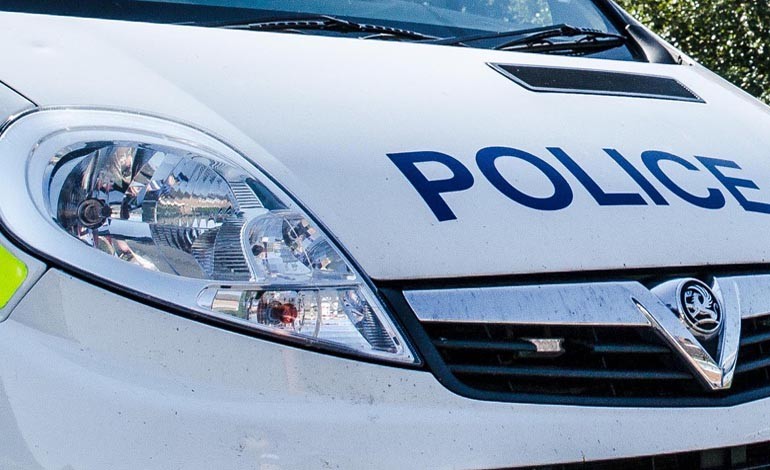Victims are being asked what they would do if given the chance to come face to face with the young people who commit crimes against them.
Between April and September this year, 236 victims of youth crime were contacted by Durham County Council’s Youth Offending Service to offer them the opportunity to see offenders give back to the wider community.
And as International Restorative Justice Week begins, County Durham Youth Offending Service (CDYOS) has revealed that over the past five years such work has helped see the number of young people committing crime fall by 51.5 per cent, with the number of crimes they commit down by 46.8 per cent.
Gill Eshelby, CDYOS’ strategic manager, said: “Restorative justice is never an easy option and it takes real commitment from all parties to make it work, but the results are worth it.”
Each year the youth offending service works with both many young people who offend, and victims, on a range of restorative justice projects that benefit not only those directly affected by crime, but the wider community.
In total CDYOS oversaw 5,231 hours of restorative justice during 2014/15, with nearly three in five victims of youth crime participating – but such work was not just about litter picking.
It also included working with local organisations, undertaking environmental projects, building maintenance and potentially any other project that a victim suggests – especially if it helps develop a young person’s skills.
And charitable initiatives, including young people making poppies for Remembrance Sunday, Christmas wreathes, spring flower baskets and summer nesting boxes, have, over the last three years, helped raise nearly £5,000 for local charities.








